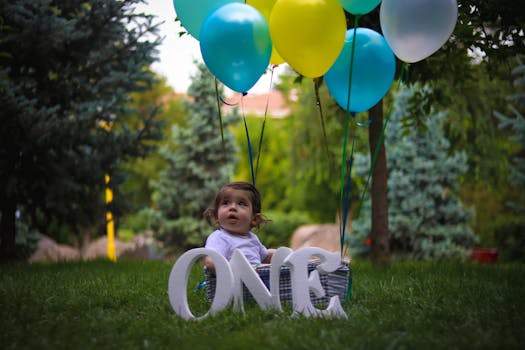For generations, having children was considered a cornerstone of the American Dream a home, a family, and the hope of building something better for the next generation. But Gen Z is rewriting that story, not out of fear or indifference, but from a place of awareness, adaptation, and resilience.
Recently, three children all in their 20s sat around a dinner table and sharing their hesitations about becoming parents. It wasn’t an emotional rejection of family life, it was a practical, thoughtful response to a world that’s changed dramatically from the one their parents knew. And in that honesty lies a powerful lesson about how this generation is responding to uncertainty with strength, clarity, and new values. Here are the top reasons why Gen Z does not consider children.
Meeting Reality with Eyes Wide Open
Let’s be clear: raising children today is more expensive than ever. With the USDA estimating the cost at over $300,000 per child (not including college), and the median home price exceeding $411,000, Gen Z isn’t being negative — they’re being realistic.
Add in student debt, soaring childcare costs, and a gig-driven job market, and the financial pressures are significant. But rather than crumble, many young adults are stepping back, evaluating, and choosing to shape lives that make sense for them — even if those choices look different from the past.
Redefining What a Successful Life Looks Like
Past generations often measured success by milestones: marriage, children, homeownership. But Gen Z is crafting a more intentional path — one centered on well-being, purpose, and flexibility.
They’re investing in mental health, building digital communities, and chasing careers that align with their values. This isn’t a rejection of family — it’s a recalibration of what happiness means in a world where traditional systems don’t always support modern realities.
Courage in the Face of Uncertainty
Climate change, economic instability, pandemics — Gen Z grew up watching the world shift beneath their feet. Nearly 40% cite environmental concerns as a reason to delay or forgo children. But this isn’t surrender — it’s a courageous decision to consider the impact of their choices on the planet and future generations.
By confronting these issues head-on, rather than pretending they don’t exist, Gen Z is demonstrating a kind of quiet resilience — one rooted in responsibility, not retreat.
Women Choosing with Strength, Not Sacrifice
For Gen Z women especially, the question of motherhood is deeply tied to autonomy. Many no longer view caregiving as an inevitable role but as one option among many. With more opportunities for education, entrepreneurship, and leadership, women are asking: “What kind of life do I want to build, and what role does parenting play in it?”
That’s not selfish. That’s strength.
The Bigger Challenge — and the Opportunity
Yes, there are demographic consequences to declining birth rates. Fewer children mean a smaller future workforce, a heavier burden on social systems, and new pressures on the economy. But that’s not a reason to panic — it’s a reason to act.
Resilience isn’t just about adapting to change — it’s about reshaping the systems around us to support healthy, sustainable lives.
If we want more young people to embrace parenthood, we must make it a viable, supported choice again — by lowering housing costs, addressing child care challenges, and creating a culture that values both work and family.
A Generation Rooted in Purpose
Gen Z isn’t giving up. They’re simply demanding a future that makes sense — one where raising a child doesn’t mean losing yourself, going broke, or sacrificing mental health. Their decisions reflect a deep resilience, one that’s willing to challenge old assumptions and pursue new possibilities.
The real question isn’t “Why don’t they want kids?”
It’s: “What kind of world are we willing to build, so they can?”







